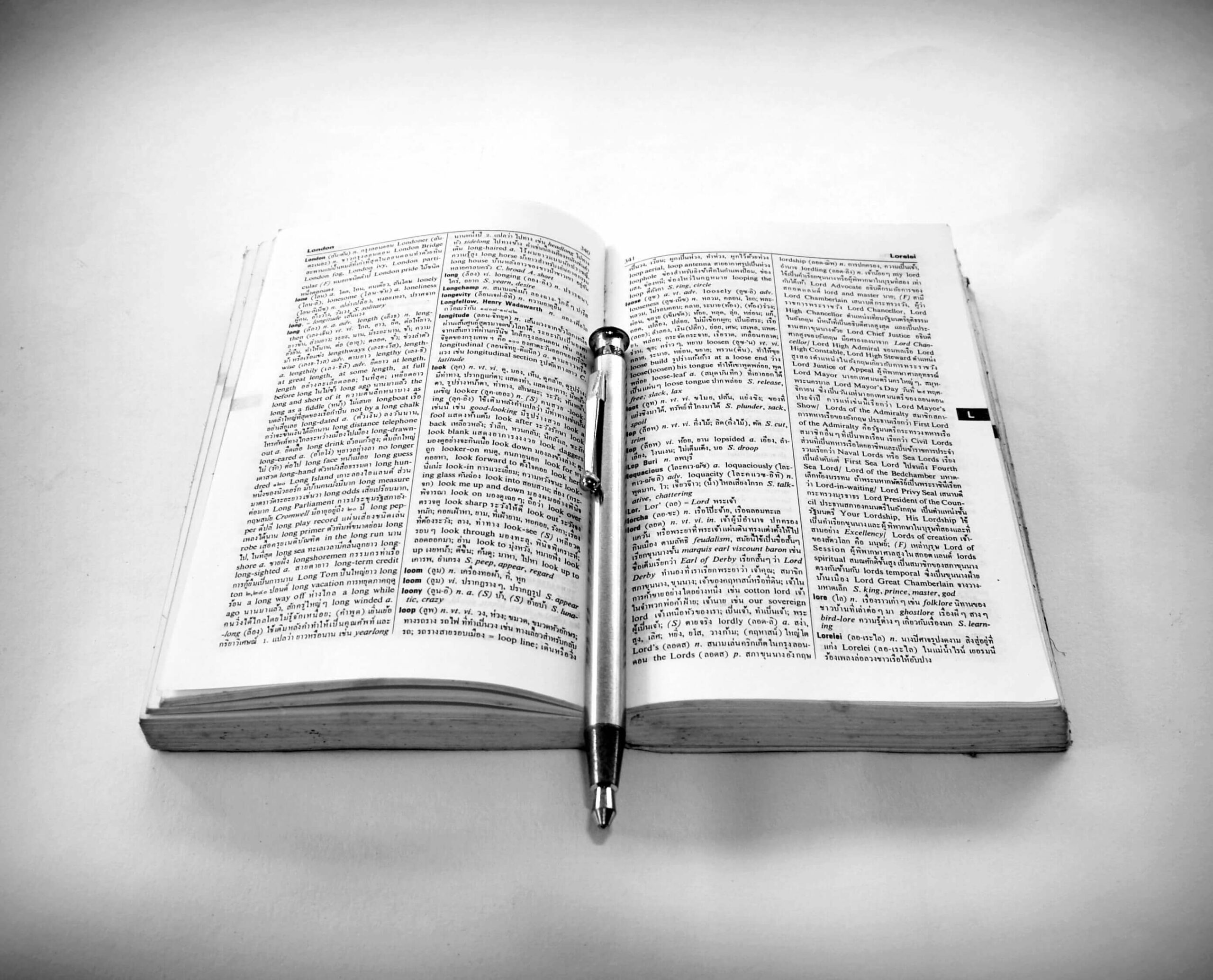
“It happened that Rabbi Eliezer, Rabbi Joshua, Rabbi Elazar ben Azaryah, Rabbi Akiva, and Rabbi Tarfon were reclining in Bnei Brak and were discussing the Exodus from Egypt throughout the night, until their students came and said to them: ‘Our masters, the time to recite the morning Shema has arrived.’”
This is my favorite passage from the Haggadah (text recited on the first two nights of Passover). I love imagining that sages with unparalleled wisdom still needed to sit around the table and analyze the story that I will discuss with my family and friends each Pesah (Passover). Upon closer analysis, this passage from the Haggadah reveals a powerful message about the importance of not assuming that we have nothing left to learn, and that we cannot avoid discussing difficult issues with those with whom we might passionately disagree. Rabbi Eliyahu ben Harush, a nineteenth-century Moroccan rabbi, writes in his commentary on the Haggadah that,
“…it is impossible to repeat the story of the Exodus without learning something new and different from one another. A person should not only repeat that which he already knew based on his own learning, but should learn new lessons and insights from others. The Haggadah goes on to give an example of this in the incident of Rabbi Elazar ben Azaryah” (Rabbi Eliyahu ben Harush, Kos Shel Eliyahu on the Pesah Haggadah, “Ma’aseh B’Rebbe Eliezer” 1:1).
If we take our sedarim (Passover meals) seriously, everyone will learn something new, yet the Haggadah goes one step further by bringing together five rabbis with diverse pedigrees to dissect the Pesah story. Rabbi Eliezer grew up in a wealthy agricultural family; Rabbi Elazar ben Azaryah was a Brahmin who descended from the prophet Ezra; Rabbi Joshua was a Levi who was poor and pious; Rabbi Akiva only learned Torah later in life; and Rabbi Tarfon largely followed the halakhic (pertaining to Jewish law) rulings of Beit Shammai, instead of Beit Hillel.
The Haggadah could have told us a story about five rabbis who came from identical backgrounds and still imparted the message that all of us are obligated to take the Pesah Seder seriously. Instead, we are told a story of five different rabbis who spend all night in discussion and debate, unafraid to challenge one another. In fact, Rabbi Eliezer and Rabbi Joshua’s presence at the seder in Bnei Brak exemplifies this lesson, as they were the two main protagonists of the famous “Oven of Akhnai” story, where Rabbi Eliezer is banished from the Beit Midrash for disagreeing with the majority opinion led by Rabbi Joshua. By sharing the story of these rabbis, the Haggadah is challenging us to ask ourselves what people and conversations we will invite to our sedarim this year, and will we have the courage to welcome those people with whom we may passionately disagree.
I have always been skeptical of any leader or organization making a plea for “Jewish unity,” because even a cursory reading of Jewish history reveals that sectarianism, rather than unity, has been the Jewish norm. I could point to Korah and Moses, Judeans and Samaritans, Pharisees and Sadducees, Rabbinites and Karaites, Hasidim and Mitnagdim, and Socialist Zionism and Revisionist Zionism, to say nothing of Haredi, Orthodox, Conservative, Reform, Reconstructionist, Renewal, Humanist, and post-denominational Judaism. Moreover, there is a disturbing correlation between pleas for “unity” and an implicit desire to stifle dissent. Instead, the challenge for the Jewish community today is not trying to pursue fruitlessly a unity that does not, cannot, and will not exist, but to hold one another accountable for pursuing disagreements in a manner that is civil and loving.
The Jewish people are in a collective marriage, for that is the essence of what it means to be in a covenantal relationship, and the most important quality of a marriage is whether or not the couple knows how to fight fairly. A healthy relationship is not defined by whether or not fighting takes place, because fighting is inevitable. Instead, a successful relationship is defined by how we set boundaries between loving disagreements and toxic arguments, because the tenor of the argument will ultimately have a more lasting impact than the argument itself.
Unfortunately, too many of our sedarim will avoid topics such as the future of synagogues, intermarriage, BDS, the Kotel, denominationalism, the Iran Deal, Donald Trump, and many other subjects that will feel too toxic for polite conversation. But as we approach Pesah, it is our responsibility to lean into the tough conversations, rather than avoid them. These debates are important and consequential, and there is little chance of universal agreement. But will any of us be able to look ourselves in the mirror if the only way we can share our opinions is through name-calling, ad-hominem attacks, and character assassination, or alternatively sharing our opinions in an echo chamber of people who already agree with us? Such debate is unbecoming of any people, certainly not one that is tasked with living a life of Torah.
This Pesah, the Jewish Community needs to ask if we have the courage to fight fairly, to love one another even after the dust settles from inevitable disagreements. Like the rabbis at the seder in Bnei Brak, some of my most important Jewish relationships came from meeting Jews who share none of my beliefs about halakhah, Israel, or politics, and over time I learned how to sit around a table with them, argue vigorously, and still be excited to sit together the following week. This Pesah, take the journey of making the commitment to fight fairly, not to allow important conversations to be controlled by the lowest of impulses. This journey will be a difficult one, but if we take it together, this Pesah can mark a moment where civility will liberate each of us, so that we might liberate one another.








